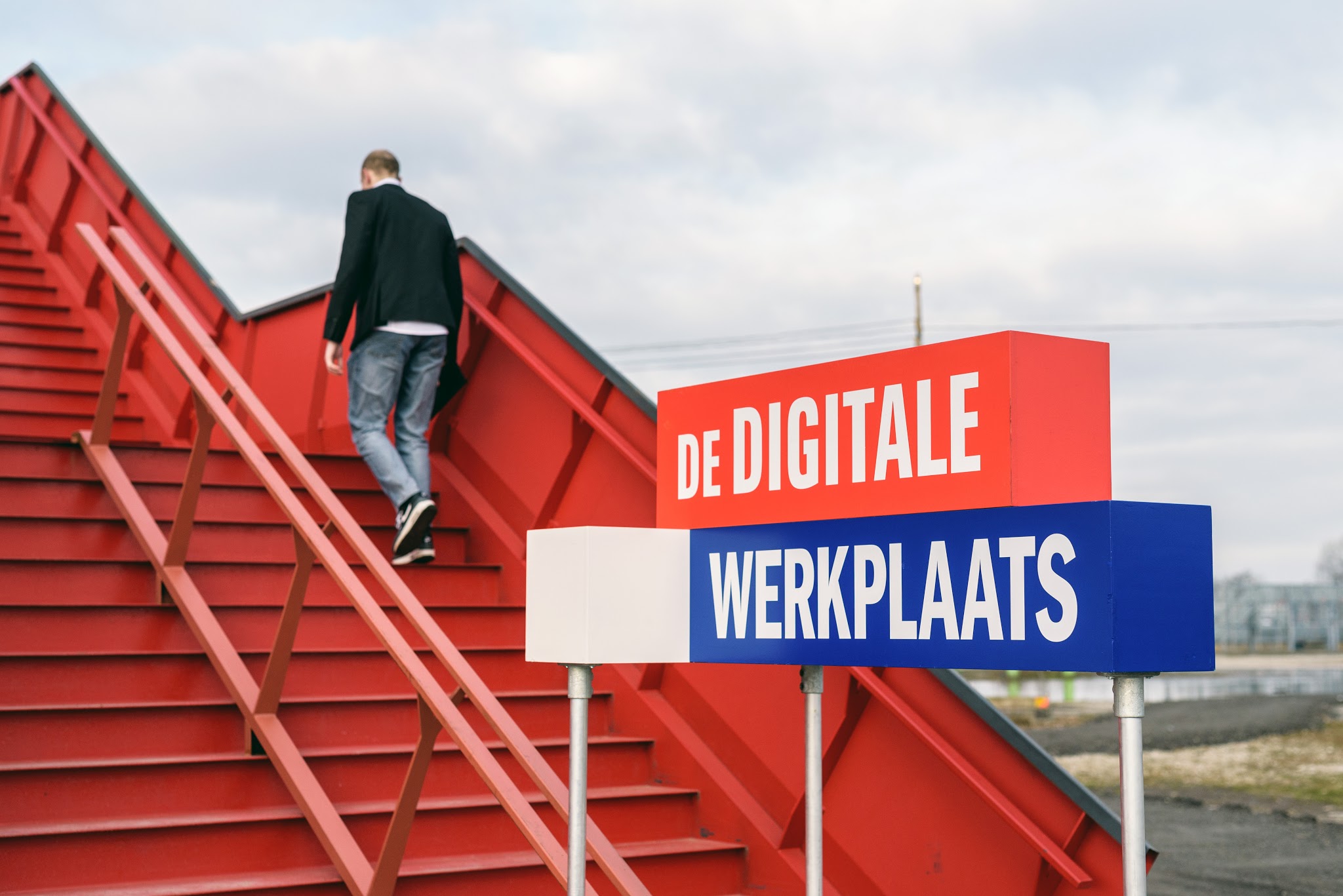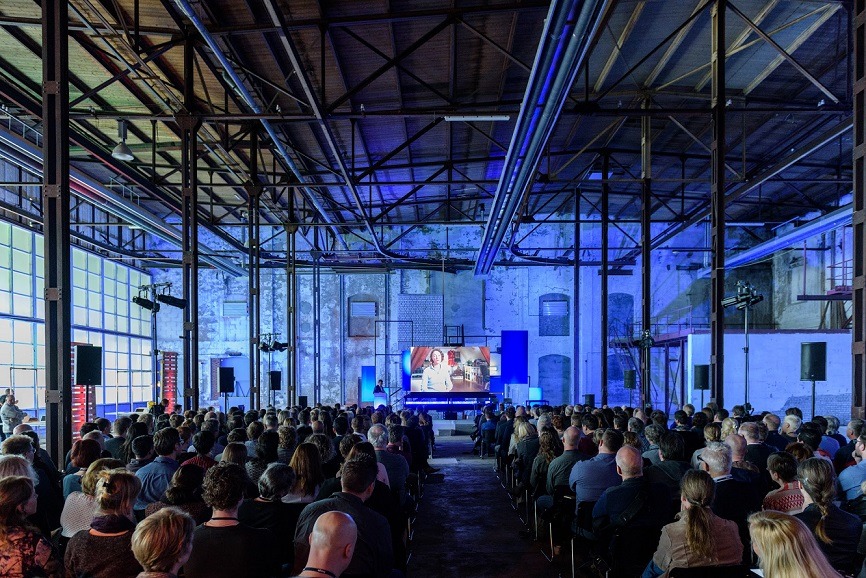The goal is to train 30,000 people in the Netherlands by the end of this year. The resulting program has online and offline components. The online version has over 80 videos available and participants can receive a certificate after full completion.
Europe's strength lies in its diversity. The wide range of languages, cultures and industries means the continent has an impressive history of trade. When Google made a commitment to train one million Europeans in digital skills, they soon realised there was no one-size-fits-all approach. In Spain, they partnered with universities to focus on young people. In Italy, they helped get traditional craft products selling online. And in the Netherlands? The Dutch are famous for their entrepreneurial spirit - so Google has been focusing on getting smaller companies online.
In the Netherlands, more than 40% of the labor market is made up of small business owners and independent contractors. These range from charmingly traditional trades like wooden clog-making to the cutting edge of technology -- 3D-printed wedding favours, anyone? There's room for these small and medium enterprises (SMEs) to grow: not all have an online presence, while many have websites but without the strong mobile element which is now essential. Some have a great market at home, but need guidance to build an export business and benefit from the EU's single market.
"The Netherlands is one of the most innovative countries in the world, in part because of its strong tech infrastructure," said Dutch Minister of Economic Affairs Henk Kamp when the project launched. "By helping SMEs to become better at using technology, we're building a stronger foundation for economic growth, which leads to more jobs."
Google paired up with Dutch microfinance organization Qredits to get in touch with small companies with big ideas. This EU-backed organisation helps start-ups to write their business plan and get coaching, and backs them with investments of up to 250,000 euros. As Qredits’ general manager Elwin Groenevelt explained, his organisation has created 10,000 jobs in the past five years by financing Dutch 7,000 entrepreneurs -- so they know what works for SMEs.
Google also got local small business associations and local governments involved. The goal is to train 30,000 people in the Netherlands by the end of this year. The resulting program has online and offline components. The online version has over 80 videos available and participants can receive a certificate after full completion.
The online training covers topics like building an online shop, maximizing return on search results and getting visible on social media. They're easy to follow and they make a real difference: The Bakery Institute, which trains professional and amateur bakers in Zaandam, wouldn't exist without the internet to reach potential clients, according to its founder Vicky Littlejohn.
As well as online courses, there's a real-world element -- the Google Digital Garage, or Digitale Werkplaats in Dutch. The first one took place in Eindhoven, soon followed by Nijmegen, The Hague, Rotterdam and a former sugar factory in Groningen. Across the country, entrepreneurs got insights from the experts on how to grow online, received one-on-one business coaching and met and networked with fellow SME owners. These started in Eindhoven -- often called the digital capital of the Netherlands -- because there’s plenty of growth opportunity. It has a flourishing start-up culture, but 80% of its small businesses have fewer than 20 employees.

Across the Netherlands, Qredits coaches and Google experts explained how to get the most out of the internet. "Your mobile is your own online TV and radio station," explained business coach Patrick van Gils to around 1,000 business owners in Eindhoven. In Groningen, over 1,500 SMEs took part in sessions focusing on areas like measurability -- because establishing the right metrics for assessing their business is key to enabling the next stage of growth.
One area coaches were keen to work on with entrepreneurs was marketing abroad. Richard van de Wal is based in the Netherlands, but his business, Plantinavia, is selling hedges and bedding plants across Scandinavia thanks to its attractive Swedish online shop. Likewise, Chrystal Van Goor Den Oosterlingh has used Google AdWords to expand her business, Holland at Home, across the world. “If someone in England searches for ginger nuts, that's a new customer for us right there,” she said. “Google tools give our products a stronger market presence. We don’t just sell Dutch chocolate sprinkles – we sell Dutchness itself.”
Some barriers aren't down to the internet. Wim Smits runs Jollein, which exports its collection of clothes and toys for babies to 35 countries. "There are no borders on the internet," he told Dagblad van het Noorden at the event in Groningen. "But if I have to send a package to Meppen in Germany, which is just round the corner, it's more complicated than sending something to Maastricht," at the other end of the country.
Across the country, online courses are available all day every day, while the Digital Garages gave business owners insight into how to grow online. "These entrepreneurs create a lot of new jobs and play an important role when it comes to developing products and services," added minister Kamp. "Google's initiative deserves praise, because it enables this development."

